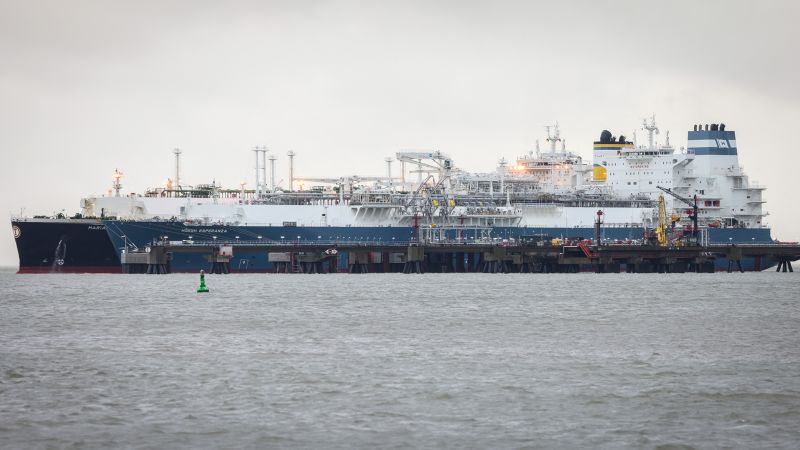World
What the French election means for the future of Europe’s growing far-right movement

Around the world, people have been watching in shock at the relentless rise of the far right, which we supposed had been killed off in 1945. Many are wondering whether the advance of this dangerous political steamroller, which has so far rumbled into Hungary, Italy and the Netherlands after comprehensively flattening Vladimir Putin’s Russia, can be halted? Can we prevent the extremism that led to the Second World War from repeating?
Events of the past week suggest that yes, the far right can be stopped, but only if important lessons from its disastrous debut in the 1920s and 1930s are heeded.
People gather at the Republique Plaza following the second round of French legislative elections.Credit: AP
Lesson one is to capture the middle ground. The British Labour Party’s victory under Sir Keir Starmer, who successfully repositioned Labour in the political centre, crushed the Tories, whose increasing extremism produced Brexit and political chaos. Starmer demonstrated the fallacy of believing that the best way to counter the far right is to swing to the far left, as previous Labour leader Jeremy Corbyn had tried and failed to do so spectacularly in 2019.
In the shadows of this triumph, though, danger has still appeared. The far-right Reform UK party, led by the xenophobic demagogue Nigel Farage, secured 14 per cent of the vote. Thanks to the first-past-the-post system, though, this translated to only four House of Commons seats. Ominously, Farage said on election night that this was the first step in the creation of “a mass national movement” that is going to come after the Labour Party and “stun” everyone. This strategy and violent, threatening language is straight out of fascist playbooks of the inter-war years.
Historical lesson two is never give the far right the opportunity to take power.
Loading
French President Emmanuel Macron took a huge risk by calling an election for the National Assembly just as Marine Le Pen’s far-right National Rally party surged in the European parliamentary elections.
It could easily have ended in disaster, but fortunately the parties of the left (the New Popular Front – which, tellingly, takes its name from the French left’s Popular Front of the ’30s) and the centre (Macron’s Ensemble Alliance) co-operated to avoid splitting their vote in the second round run-offs, relegating the National Rally to third place.
Macron had hoped the surprise poll would force voters to confront the actual, rather than theoretical, possibility of far-right government for the first time since the Vichy regime during World War II. Placed in this situation, he reasoned, they would choose the sensible alternative. In the event the far-right did win, he calculated, it would be forced to face the realities of government and rapidly split and destroy itself.










